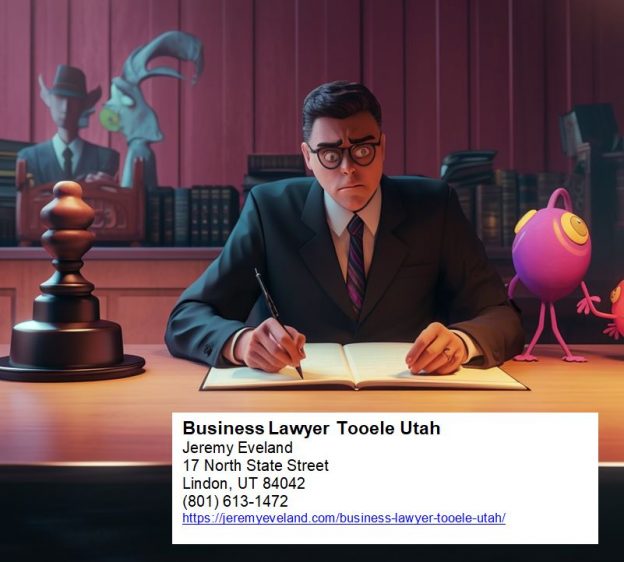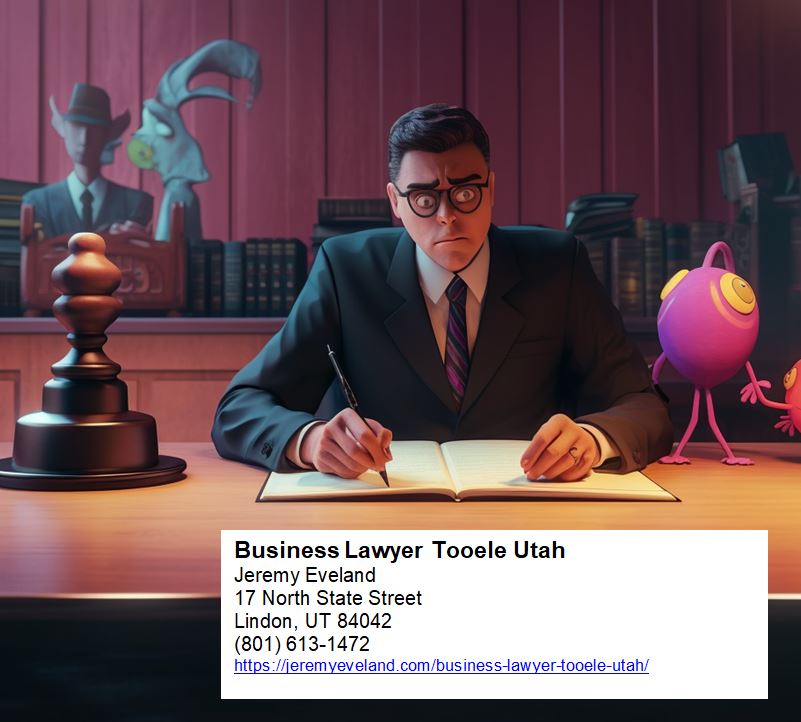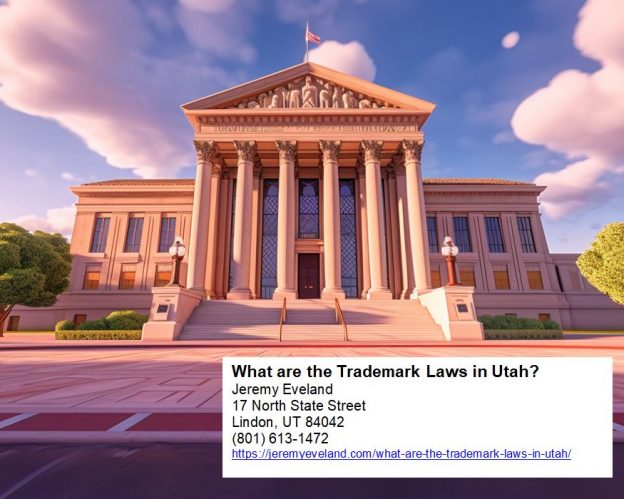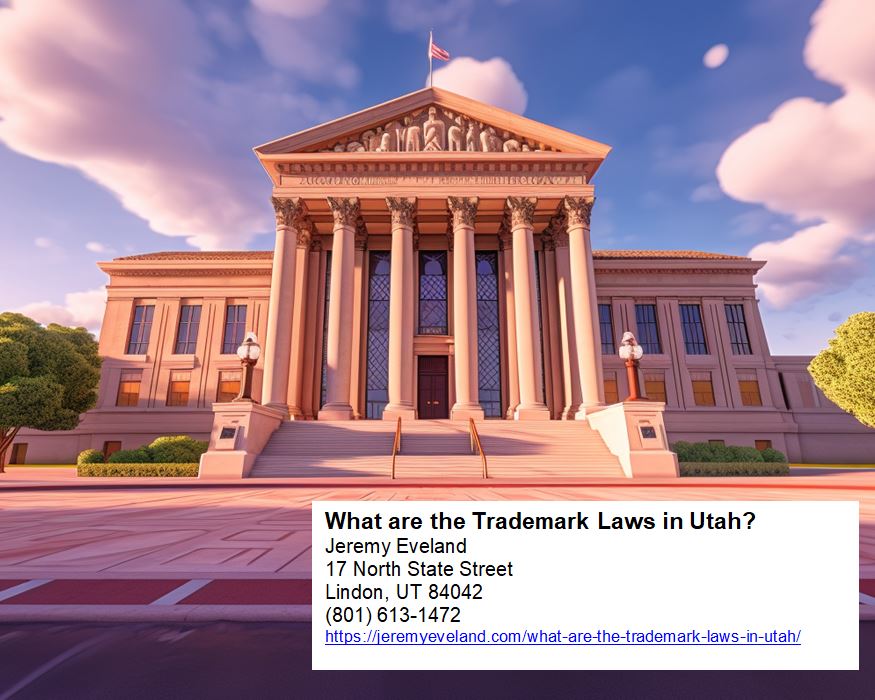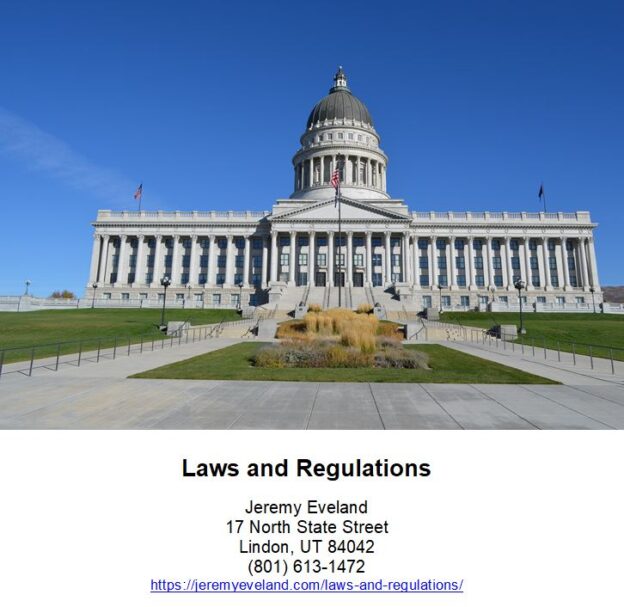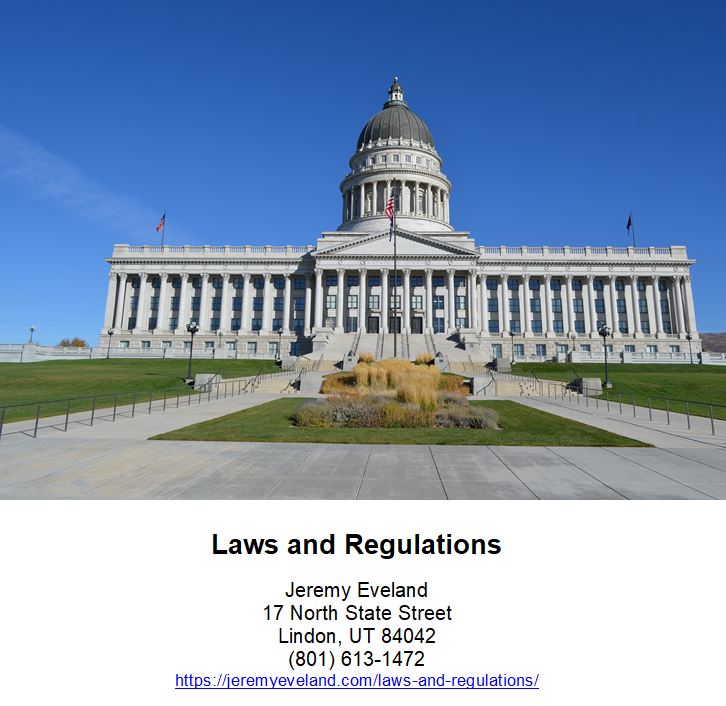In the realm of criminal law, the practice of search and seizure holds significant importance. This legal procedure empowers law enforcement officers to search individuals, premises, or vehicles, and seize any evidence that may be linked to a crime. As a criminal defense attorney, it is crucial to understand the intricacies of search and seizure laws in order to protect the rights of individuals facing criminal charges. By educating yourself, you can equip your clients with the knowledge they need to navigate this complex area of law and ensure that their rights are not violated. In this article, we will explore the fundamentals of search and seizure, addressing common questions and concerns that both businesses and individuals may have.
Search and Seizure
Search and seizure laws play a crucial role in protecting individual rights in the criminal justice system. These laws, defined by the Fourth Amendment to the United States Constitution, establish the standards for when and how law enforcement can conduct searches of individuals, their properties, and seize evidence. Understanding these laws is essential for both individuals facing criminal charges and businesses seeking to protect their interests.
Understanding Search and Seizure Laws
Search and seizure refers to the process by which law enforcement officers conduct searches of persons, properties, or vehicles, and seize any evidence they believe is related to criminal activity. These laws are enforced to strike a delicate balance between the needs of law enforcement to investigate crimes and the rights of individuals to privacy and protection against unreasonable searches and seizures.
Central to search and seizure laws is the concept of a reasonable expectation of privacy. Individuals have an expectation of privacy in certain areas, such as their homes, vehicles, and personal belongings. This expectation is protected by the Fourth Amendment, which guards against unreasonable searches and seizures by law enforcement.
Fourth Amendment Protections
The Fourth Amendment to the United States Constitution guarantees protection against unreasonable searches and seizures conducted by law enforcement. This protection extends to individuals facing criminal charges and businesses alike. It establishes the requirement for law enforcement officers to obtain warrants based on probable cause before conducting a search.
Illegal arrests are also prohibited under the Fourth Amendment. Law enforcement officers must have probable cause or a valid arrest warrant to detain individuals. This protection ensures that individuals are not unlawfully deprived of their freedom.
Another vital aspect of Fourth Amendment protections is guarding against unreasonable search warrants. A search warrant must be issued by a judge and describe, with particularity, the place to be searched and the items to be seized. This requirement prevents law enforcement from conducting general or exploratory searches without a valid reason.
The Fourth Amendment also safeguards against unreasonable seizures. Property can only be seized if there is probable cause to believe it is connected to criminal activity, or if the seizure is otherwise lawful.
The Exclusionary Rule
The exclusionary rule is a vital component of search and seizure laws. It serves to deter law enforcement officers from violating individuals’ Fourth Amendment rights by excluding any evidence obtained through illegal searches or seizures from being used in court.
The purpose of the exclusionary rule is to prevent the government from benefiting from its own illegal conduct. By excluding unlawfully obtained evidence, it safeguards the integrity of the criminal justice system and incentivizes law enforcement officers to adhere to constitutional standards.
In cases where the exclusionary rule applies, any evidence tainted by an illegal search or seizure is deemed inadmissible, meaning it cannot be used against an individual in court. This rule acts as a deterrent and ensures that individuals’ constitutional rights are protected.
However, there are exceptions to the exclusionary rule. In certain circumstances, such as when the police acted in good faith or when the connection between the illegal conduct and the evidence is attenuated, the exclusionary rule may not apply.
The Warrant Requirement
The Fourth Amendment establishes the default rule that law enforcement must obtain a warrant before conducting a search. A search warrant is a document issued by a judge that authorizes the search of specified premises and the seizure of designated items.
To obtain a search warrant, law enforcement must demonstrate probable cause to believe that a crime has been committed and that the items sought are associated with that crime. This requirement ensures that searches are based on reliable information and conducted with a valid reason.
One crucial aspect of a search warrant is the particularity requirement. The warrant must describe, in detail, the place to be searched and the items to be seized. This specificity ensures that law enforcement officers do not conduct general or exploratory searches and allows individuals to know the boundaries within which the search can take place.
Once a search warrant is obtained, law enforcement officers can execute it by conducting the search and seizing any evidence deemed relevant to the investigation. It is essential that the search is conducted within the parameters set forth by the warrant to ensure its validity.
Exceptions to the Warrant Requirement
While the general rule is that law enforcement must obtain a warrant before conducting a search, there are exceptions to this requirement. These exceptions allow law enforcement officers to conduct searches without a warrant under specific circumstances.
One such exception is the plain view doctrine. If law enforcement officers have a lawful right to be present in a particular area and evidence is in plain view, they may seize that evidence without obtaining a warrant.
Another exception arises in exigent circumstances. When there is an immediate threat to public safety or the potential destruction of evidence, law enforcement may conduct a search without a warrant to address the urgent situation.
Consent searches occur when individuals voluntarily agree to allow law enforcement officers to conduct a search. If an individual gives informed and voluntary consent, law enforcement can search the premises without a warrant.
Searches incident to arrest involve the search of an individual and the immediate area surrounding them after an arrest has been made. This exception is based on the need to ensure officer safety and preserve evidence.
The automobile exception allows law enforcement officers to conduct a warrantless search of a vehicle if there is probable cause to believe that the vehicle contains contraband or evidence of a crime. This exception recognizes the mobile nature of vehicles and the reduced expectation of privacy in them.
Inventory searches occur when law enforcement officers conduct an inventory of a vehicle, person, or property seized to ensure the protection of the owner’s property and safeguard against claims of theft or damage.
Border searches refer to searches conducted at international borders or ports of entry. These searches do not require a warrant or probable cause, as the government has broad authority to protect the security and integrity of the nation’s borders.
By understanding and applying these exceptions, law enforcement officers can conduct searches and seizures without a warrant while still respecting individuals’ constitutional rights.
Consent Searches
A consent search occurs when individuals voluntarily grant permission for law enforcement officers to conduct a search without a warrant. This exception to the warrant requirement is based on the principle that individuals have the power to waive their Fourth Amendment rights.
For a consent search to be valid, the consent must be voluntary and based on informed knowledge. Individuals must be aware of their right to refuse consent and understand the implications of granting permission. Coercion, duress, or manipulation invalidates the consent.
Examples of valid consent searches include instances where an individual explicitly gives consent to search their property, such as a home or vehicle. If law enforcement officers have obtained voluntary, informed consent, they are legally permitted to search the designated area.
Conversely, if the consent obtained is invalid, the search conducted as a result of that consent may also be invalid. Invalid consent searches occur when individuals are coerced, tricked, or otherwise manipulated into giving consent unknowingly or unwillingly.
It is crucial for individuals to understand their rights and the potential implications of granting consent to a search. Consulting with legal counsel before granting consent can help ensure that individuals make informed decisions and protect their interests.
Search Incident to Arrest
Search incident to arrest is an exception to the warrant requirement that allows law enforcement officers to conduct a search of an individual and the immediate area surrounding them following an arrest. This exception is based on the twin purposes of officer safety and evidence preservation.
When effectuating an arrest, law enforcement officers are permitted to conduct a limited search of the arrested individual to ensure they do not pose a threat to officer safety. This search typically involves patting down the individual’s outer clothing, ensuring that no weapons or other dangerous items are present.
Law enforcement officers may also search the immediate area surrounding the arrested individual. This allows for the preservation of evidence that could be destroyed or tampered with if left unattended.
The scope of a search incident to arrest is limited to the person arrested and the areas within their immediate control. It does not extend to the entire premises or property. Once the arrested individual is secured and the area is no longer under immediate threat, law enforcement officers must obtain a warrant to conduct further searches.
Plain View Doctrine
The plain view doctrine allows law enforcement officers to seize evidence without a warrant if it is in plain view and the officer has a legitimate right to be in the area where the evidence is found. This exception to the warrant requirement is based on the recognition that individuals have a reduced expectation of privacy when evidence is readily observable.
For the plain view doctrine to apply, three requirements must be met. First, the officer must be in a location where they have a lawful right to be present. Second, the incriminating nature of the evidence must be immediately apparent without further inspection. Lastly, the officer must have legal justification for being in the position to view the evidence.
If these requirements are satisfied, law enforcement officers can lawfully seize the evidence without a warrant. However, it is important to note that if an officer must manipulate objects or engage in further examination to establish the incriminating nature of the evidence, a warrant would be required.
Executing a Search and Seizure
Executing a search and seizure involves the process of conducting a search and seizing evidence with the intent of gathering information or preserving evidence related to a criminal investigation. This process must be conducted in accordance with the Fourth Amendment and any applicable search and seizure laws.
When executing a search warrant, law enforcement officers must adhere to the specific parameters set forth in the warrant. The place to be searched, the items to be seized, and any additional limitations or conditions outlined in the warrant must be followed.
If conducting a warrantless search, law enforcement officers must ensure that they are doing so under a recognized exception to the warrant requirement. Whether it be due to exigent circumstances, consent, or another exception, officers must be able to articulate why a warrant was not obtained and demonstrate that their actions were lawful.
During the execution of a search and seizure, law enforcement officers have specific responsibilities. They must conduct the search with professionalism and respect for the individual’s rights and property. Officers must also maintain a detailed record of the search, ensuring that all seized evidence is properly documented and accounted for.
Individuals who are subject to a search and seizure have rights as well. They have the right to observe the search being conducted and ask for clarification about the scope or purpose of the search. If any violations of their rights occur during the search, individuals should seek legal counsel to assess the situation and take appropriate action.

Frequently Asked Questions (FAQs)
Q: Do I have the right to refuse a search even if law enforcement does not have a warrant?
A: Yes, you have the right to refuse a search if law enforcement does not have a warrant or a recognized exception to the warrant requirement. You are not obligated to consent to a search of your person, home, vehicle, or belongings. It is advisable to consult with legal counsel before making any decisions regarding searches.
Q: What should I do if I believe my Fourth Amendment rights have been violated during a search and seizure?
A: If you believe your Fourth Amendment rights have been violated during a search and seizure, it is essential to seek legal counsel immediately. An experienced attorney can assess the situation and advise you on the best course of action to protect your rights and pursue any necessary legal remedies.
Q: Can evidence obtained through an illegal search or seizure be used against me in court?
A: Generally, evidence obtained through an illegal search or seizure in violation of the Fourth Amendment is deemed inadmissible under the exclusionary rule. This means that the evidence cannot be used against you in court. However, there are exceptions to this rule, so it is crucial to consult with an attorney to determine the specific circumstances of your case.
Q: What is the purpose of the exclusionary rule?
A: The exclusionary rule serves to deter law enforcement officers from conducting illegal searches and seizures by excluding any evidence obtained through such means from being used in court. Its purpose is to protect individuals’ Fourth Amendment rights, safeguard the integrity of the criminal justice system, and incentivize law enforcement officers to adhere to constitutional standards.
Q: Are there any circumstances where law enforcement can conduct a search without a warrant?
A: Yes, there are several recognized exceptions to the warrant requirement. Some of these exceptions include searches conducted under the plain view doctrine, exigent circumstances, consent searches, searches incident to arrest, the automobile exception, inventory searches, and border searches. Each exception has specific requirements that must be met for a search to be considered lawful without a warrant.
Remember, if you have additional questions or concerns regarding search and seizure laws or any other legal matters, it is always best to consult with a qualified attorney who can provide personalized guidance based on your unique situation.










